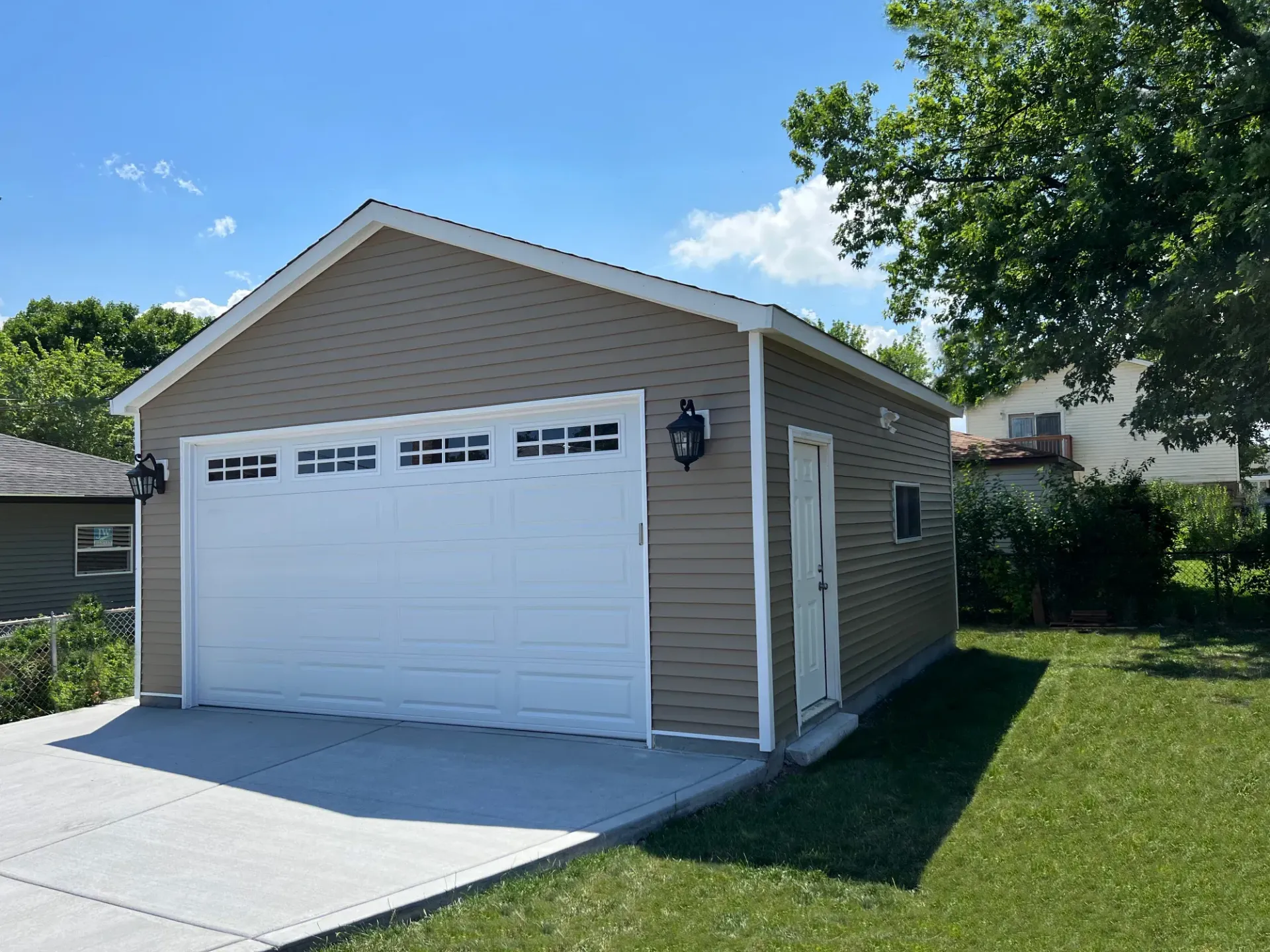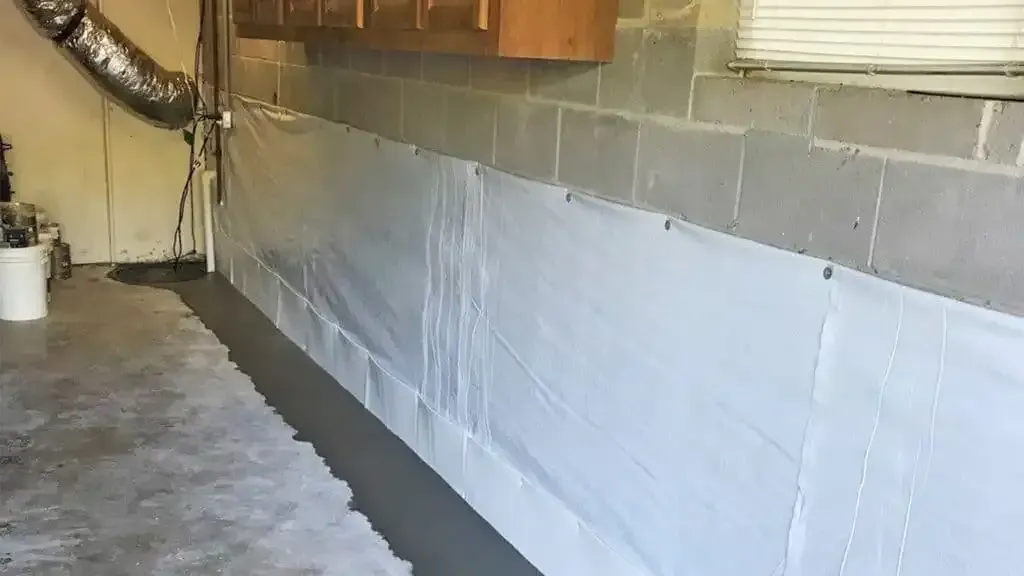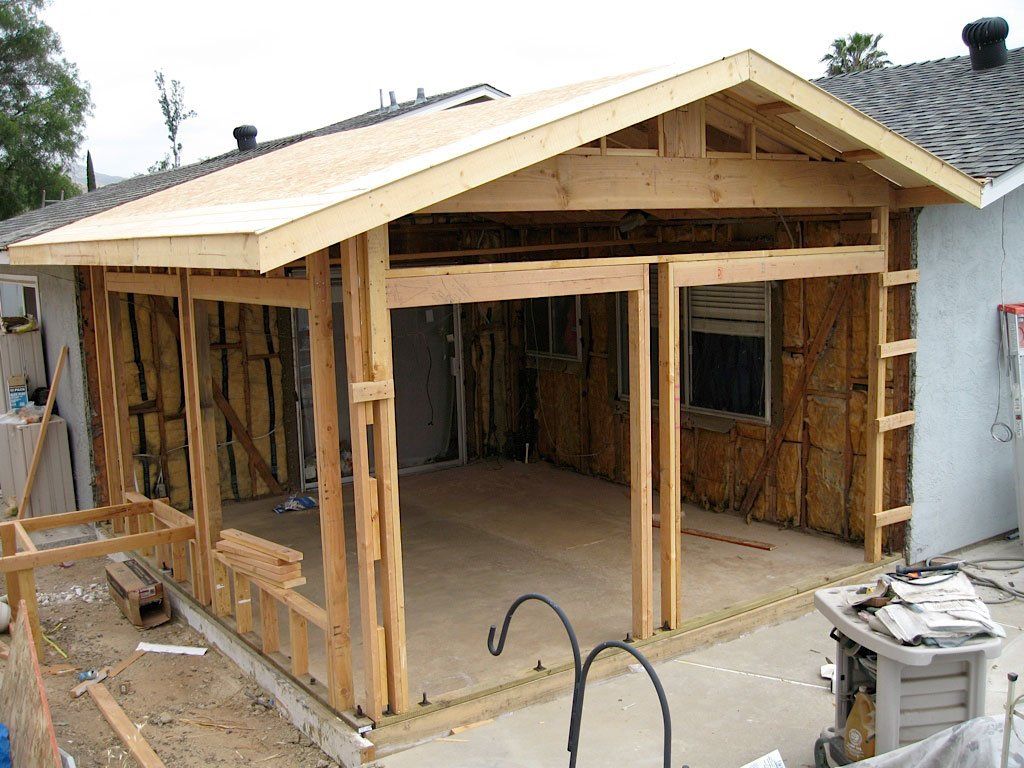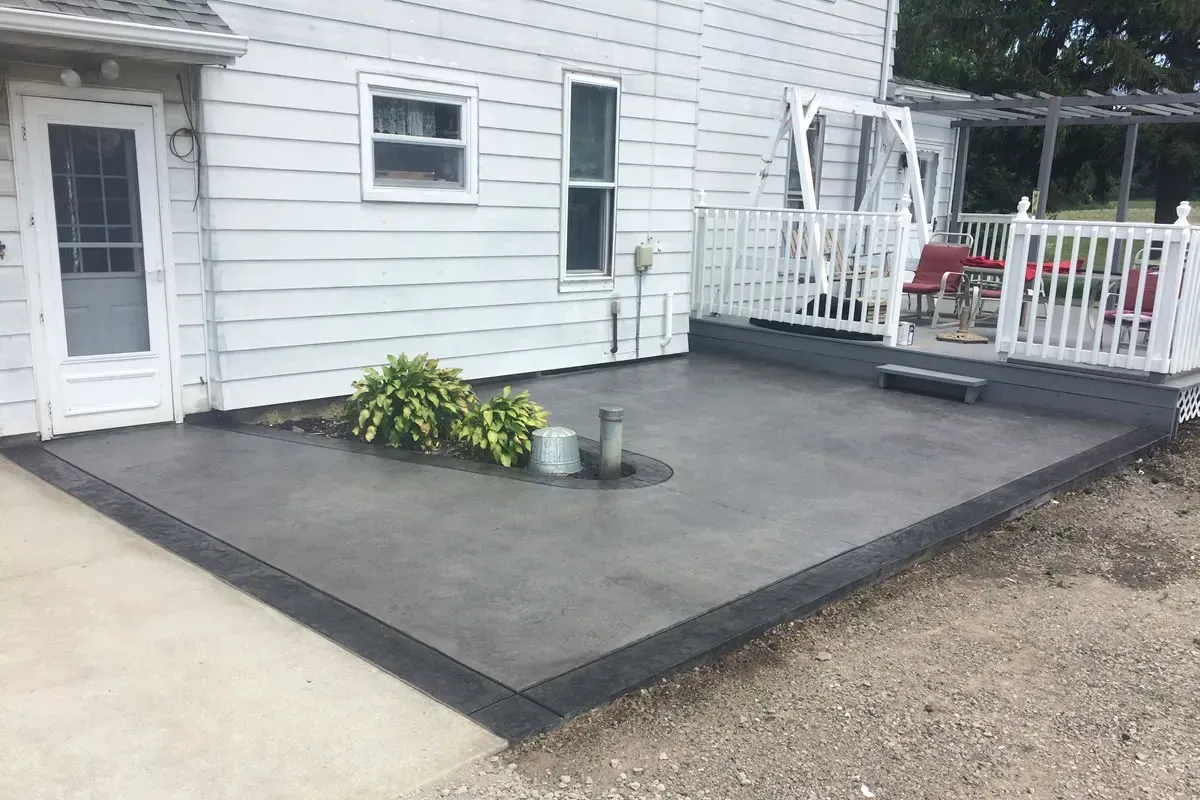How to Maintain Your Deck Through Rhode Island Winters
Maintaining your deck through Rhode Island winters requires regular snow removal, proper drainage, and protective treatments to prevent damage from freezing temperatures, salt air, and heavy snowfall. The Ocean State's harsh coastal winters can cause significant deck deterioration without proper maintenance.
Essential Winter Deck Maintenance Checklist for Rhode Island
Pre-Winter Preparation (October-November)
Clean and Inspect Thoroughly
- Remove all leaves, debris, and standing water
- Check for loose boards, protruding nails, or damaged railings
- Inspect flashing around ledger boards for gaps or corrosion
- Clear gutters and downspouts that drain near your deck
Apply Protective Treatments
- Apply deck stain or sealant before temperatures drop below 50°F
- Use marine-grade products designed for Rhode Island's salt air exposure
- Focus extra attention on horizontal surfaces that collect moisture
- Seal any cracks or gaps in decking boards
During Winter Maintenance (December-March)
Snow Removal Best Practices Rhode Island receives an average of 33 inches of snow annually, with coastal areas like Newport getting less and inland areas like Providence getting more. Proper snow removal prevents structural damage:
- Remove snow within 24-48 hours to prevent ice dam formation
- Use a plastic shovel or snow pusher to avoid scratching deck boards
- Never use metal shovels or ice choppers on deck surfaces
- Clear snow from railings to prevent excessive weight load
Safe De-icing Methods
- Avoid rock salt (sodium chloride) which accelerates wood decay and metal corrosion
- Use calcium chloride or magnesium chloride ice melts instead
- Apply sand for traction without chemical damage
- Never use automotive antifreeze on deck surfaces
Rhode Island-Specific Winter Challenges
Coastal Salt Air Impact
Rhode Island's proximity to the Atlantic Ocean creates unique winter maintenance challenges:
- Salt spray from winter storms accelerates metal fastener corrosion
- Freeze-thaw cycles are more frequent due to maritime influence
- Higher humidity slows drying between weather events
- Coastal winds drive moisture into deck crevices
Temperature Fluctuations
Rhode Island's winter temperatures frequently cross the freezing point, creating damaging freeze-thaw cycles. Areas like Block Island, Westerly, and coastal Warwick experience more temperature swings than inland locations like Woonsocket or Cumberland.
Monthly Winter Maintenance Schedule
December Tasks
- Remove accumulated leaves and debris after final leaf drop
- Check and tighten any loose railing connections
- Apply ice melt sparingly during first snowfalls
- Inspect deck drainage and clear any blockages
January Tasks
- Monitor for ice dam formation at deck edges
- Remove heavy snow loads after major storms
- Check for signs of moisture damage around posts and beams
- Ensure proper ventilation under deck to prevent condensation
February Tasks
- Inspect for winter damage from freeze-thaw cycles
- Remove any ice buildup around deck perimeter
- Check structural connections for movement or loosening
- Plan spring repair projects based on observed damage
March Tasks
- Begin preparing for spring maintenance season
- Document any damage for insurance claims if necessary
- Order materials for spring repairs while demand is lower
- Schedule professional inspection if significant issues are found
Common Winter Deck Problems in Rhode Island
Ice Dam Formation
Rhode Island's variable winter temperatures create ideal conditions for ice dams. These form when:
- Snow melts during warm days and refreezes at night
- Poor deck drainage allows water to pool and freeze
- Gutters overflow onto deck surfaces during winter storms
Prevention: Maintain proper drainage slopes and keep gutters clear.
Fastener Corrosion
Salt air accelerates corrosion of deck fasteners, especially during winter when salt spray is most intense. Look for:
- Rust stains around screw or nail heads
- Loose connections due to fastener deterioration
- Metal railings showing signs of corrosion
Solution: Use stainless steel or hot-dipped galvanized fasteners rated for marine environments.
Wood Movement and Cracking
Rhode Island's humidity changes between seasons cause wood movement that's most pronounced in winter:
- Boards shrink as humidity drops
- Gaps between boards widen
- End grain checking becomes more visible
- Joint connections may loosen
Emergency Winter Deck Repairs
Temporary Fixes for Common Issues
Loose Railing Sections
- Temporarily secure with clamps until permanent repair
- Mark problem areas for spring attention
- Never ignore safety hazards - restrict deck access if necessary
Damaged Decking Boards
- Place temporary barriers around hazardous areas
- Cover with plywood if boards are severely compromised
- Document damage with photos for insurance purposes
Ice-Related Damage
- Remove ice carefully to assess damage extent
- Use warm water to melt ice rather than force
- Contact professionals for structural concerns
Spring Preparation During Winter
Planning Maintenance Tasks
Use winter months to plan spring deck restoration:
- Research contractors for major repairs (book early for best rates)
- Order materials during off-season for potential savings
- Plan upgrades like composite decking or enhanced drainage
- Budget for professional power washing and refinishing
Material Considerations for Rhode Island
Best Deck Materials for RI Winters
- Pressure-treated lumber: Most cost-effective for harsh conditions
- Cedar: Natural resistance to moisture and insects
- Composite decking: Low maintenance but higher initial cost
- PVC decking: Best for coastal salt air exposure
Professional Winter Inspection Signs
Contact a professional if you notice:
- Structural movement or sagging
- Extensive fastener corrosion
- Multiple damaged or loose boards
- Compromised ledger board connections
- Significant railing instability
Cost-Effective Winter Maintenance Tips
DIY-Friendly Tasks
- Regular snow removal and debris clearing
- Basic visual inspections after storms
- Minor tightening of loose fasteners
- Application of ice melt products
Professional Services Worth the Investment
- Annual structural inspections
- Power washing and refinishing
- Flashing repair and replacement
- Major fastener replacement projects
Regional Considerations Across Rhode Island
Coastal Areas (Newport, Westerly, Narragansett)
- Higher salt air exposure requires more frequent fastener inspection
- Storm exposure necessitates more aggressive snow removal
- Marine-grade materials and treatments are essential
Urban Areas (Providence, Warwick, Cranston)
- Air pollution can accelerate finish deterioration
- Limited access may require professional snow removal services
- Urban heat island effect creates more freeze-thaw cycles
Inland Areas (Woonsocket, West Warwick, Cumberland)
- Heavier snowfall requires more frequent removal
- Less salt air allows for standard-grade materials
- Greater temperature extremes require robust construction
Frequently Asked Questions
Q: How often should I remove snow from my deck in Rhode Island? A: Remove snow within 24-48 hours of accumulation, or immediately if snow depth exceeds 6 inches.
Q: What's the best ice melt for decks in Rhode Island? A: Calcium chloride or magnesium chloride are safer for wood and metal than traditional rock salt.
Q: Can I use a snow blower on my deck? A: Never use a snow blower on deck surfaces - use plastic shovels or snow pushers only.
Q: When should I apply deck stain before winter? A: Apply stain in late October or early November when temperatures are consistently above 50°F.
Q: How do I know if winter damage requires professional repair? A: Contact professionals for any structural movement, extensive fastener corrosion, or safety concerns.
Long-Term Deck Protection Strategy
Annual Maintenance Cycle
- Spring: Deep cleaning, inspection, and repairs
- Summer: Regular cleaning and minor maintenance
- Fall: Protective treatments and winter preparation
- Winter: Snow removal and monitoring
Investment in Quality Materials
Spending more on marine-grade fasteners, quality sealants, and proper flashing pays dividends in Rhode Island's harsh coastal environment. These materials resist salt air corrosion and temperature extremes better than standard products.
Don't let Rhode Island winters damage your deck investment. Rockhouse Construction offers comprehensive deck maintenance services, including winter preparation, emergency repairs, and spring restoration. Our team understands the unique challenges of coastal New England weather and uses marine-grade materials designed for Rhode Island conditions. Contact us today to schedule your deck maintenance consultation and protect your outdoor investment year-round.











